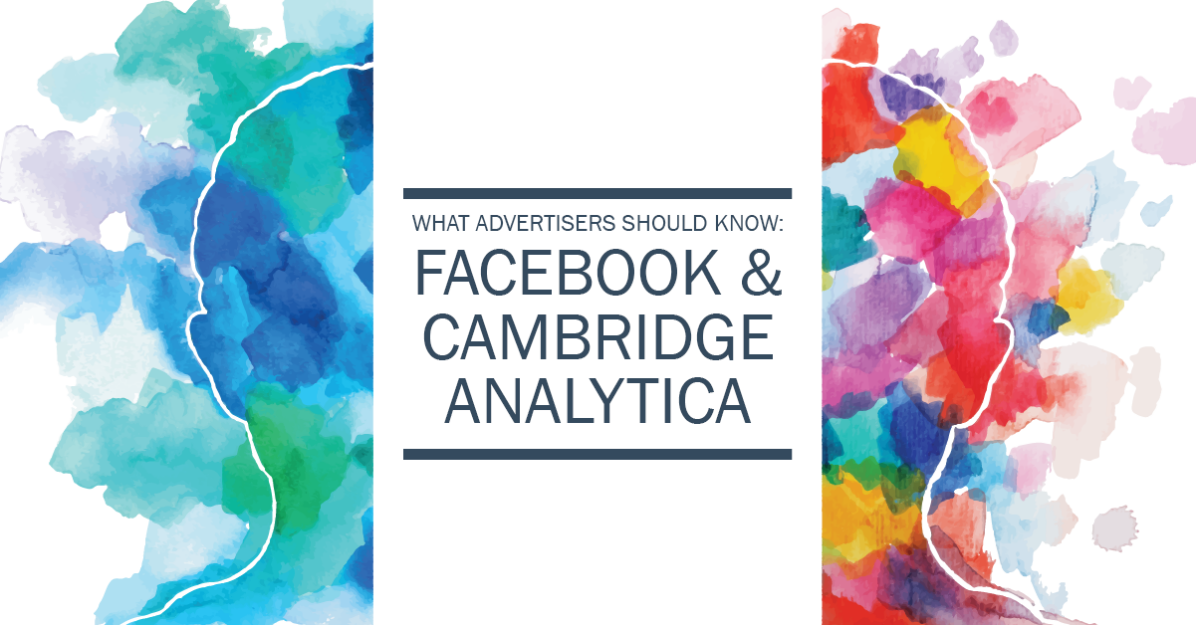As a Facebook Marketing Partner and original member of Facebook’s API ecosystem, the news over the past few weeks on the Cambridge Analytica “scandal” hits particularly close to home. And if you are reading this, odds are it affects you too.
If you’ve been following the story you know that by now, the news cycle has been oscillating somewhere between frenzied, terrified and now, after the manic episode, seems to have resigned to exhausted indifference. Breaking revelations and senate hearings aside, Facebook has made a number of changes that could affect you as an advertiser; here is what you need to know.
1. Removal of Partner Categories
One of the first changes that Facebook made, and perhaps the most talked about. What does it mean? You can no longer directly access third party data sources such as Acxiom, Datalogix, etc directly via the Facebook tool.
Good news! You still have time to change your targeting (many campaigns will remain live until September 30th) and if your company relies on this data (something AdParlor doesn’t recommend anyway!), you can still incorporate this type of data into your campaigns via your Custom Audience uploads. More to come on this later.
2. No more Audience Sharing
In keeping with the theme of reducing the number of parties who are able to access user data, Facebook has removed the ability to share audiences between ad accounts. Additionally, written permission from Facebook is now required to place the Facebook pixel on a website that you do not own.
More good news here; while this might result in a change in workflow, as long as you have permission to use the audience that has been shared, you will be able to continue to use these audiences by uploading them directly to the account you wish to use them in.
3. Advertisers must certify that they have the required consent to use Custom Audience uploads.
This sounds like a no brainer, and indeed it has long been a requisite of use for the Custom Audience tool, however the feature will become much more prominent moving forward, requiring advertisers to certify that they have permission to use the data.
So, what does this mean? This is something that was coming regardless and is largely a result of the GDPR. Facebook is placing the onus on the advertiser to ensure that they have consent from their customers to use their data in their marketing materials. Details are still coming as to what exactly this means for advertisers but so long as you are using your customer data and not some list you purchased from the dark web, you should be just fine.
